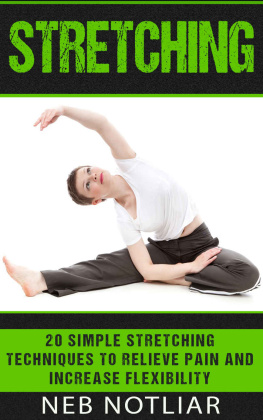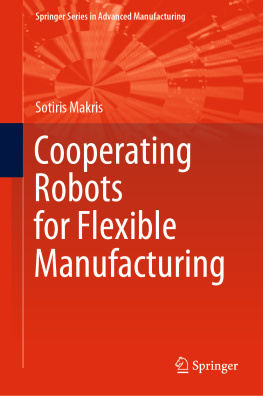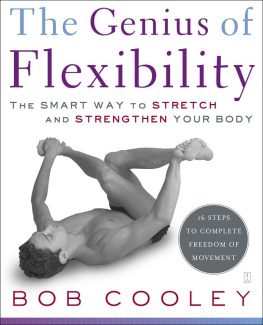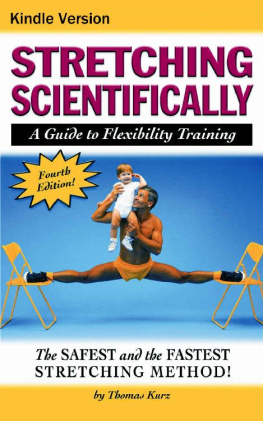Flexible Pedagogy, Flexible Practice
Issues in Distance Education
Series editors: Terry Anderson and David Wiley
Distance education is the fastest-growing mode of both formal and informal teaching, training, and learning. It is multi-faceted in nature, encompassing e-learning and mobile learning, as well as immersive learning environments. Issues in Distance Education presents recent research results and offers informative and accessible overviews, analyses, and explorations of current topics and concerns and of the technologies employed in distance education. Each volume focuses on critical questions and emerging trends, while also situating these developments within the historical evolution of distance education as a specialized mode of instruction. The series is aimed at a wide group of readers, including teachers, trainers, administrators, researchers, and students.
Series Titles
The Theory and Practice of Online Learning, Second Edition
Edited by Terry Anderson
Mobile Learning: Transforming the Delivery of Education and Training
Edited by Mohamed Ally
A Designers Log: Case Studies in Instructional Design
Michael Power
Accessible Elements: Teaching Science Online and at a Distance
Edited by Dietmar Kennepohl and Lawton Shaw
Emerging Technologies in Distance Education
Edited by George Veletsianos
Flexible Pedagogy, Flexible Practice: Notes from the Trenches of Distance Education
Edited by Elizabeth Burge, Chre Campbell Gibson, and Terry Gibson
Flexible Pedagogy, Flexible Practice
Notes from the Trenches of Distance Education
Edited by
ELIZABETH BURGE, CHRE CAMPBELL GIBSON,
AND TERRY GIBSON

Copyright 2011 Elizabeth Burge, Chre Campbell Gibson, and Terry Gibson
Published by AU Press, Athabasca University
1200, 10011 109 Street, Edmonton, AB T5J 3S6
ISBN 978-1-926836-20-1 (print) 978-1-926836-21-8 (PDF) 978-1-926836-62-1 (epub)
A volume in Issues in Distance Education
ISBN 1919-4382 (print) 1919-4390 (digital)
Cover Design by Michel Vrana
Interior design by Marvin Harder
Printed and bound in Canada by Marquis Book Printers
Library and Archives Canada Cataloguing in Publication
Flexible pedagogy, flexible practice : notes from the trenches of distance education / edited by Elizabeth Burge, Chre Gibson, Terry Gibson.
(Issues in distance education)
Includes bibliographical references.
Issued also in electronic formats.
ISBN 978-1-926836-20-1
1. Distance education. I. Burge, Elizabeth J II. Gibson, Chre Campbell, 1945 III. Gibson, Terry IV. Series: Issues in distance education series (Print)
LC5803.F5F53 2011 371.35 C2011-904737-3
We acknowledge the financial support of the Government of Canada through the Canada Book Fund (CFB) for our publishing activities.
Assistance provided by the Government of Alberta, Alberta Multimedia Development Fund.
Please contact AU Press, Athabasca University at aupress@athabascau.ca for permissions and copyright information.

Contents
FRITS PANNEKOEK
ELIZABETH BURGE
DENISE KIRKPATRICK
JULIE WILLEMS
DER-THANQ CHEN, ROSE LIANG, AND YU-MEI WANG
MILLY DAWETI AND JEAN MITCHELL
CATHY GUNN
COLIN LATCHEM AND INSUNG JUNG
MARY SIMPSON AND BILL ANDERSON
DARCY W. HARDY
ANDREW HIGGINS AND MARK NORTHOVER
ANDY LANE
KAY MACKEOGH AND SEAMUS FOX
DARIEN ROSSITER
YONI RYAN
NON SCANTLEBURY AND GILL NEEDHAM
ARTHUR L. WILSON
CHRE CAMPBELL GIBSON AND TERRY GIBSON
TERRY EVANS AND PETER SMITH
GREVILLE RUMBLE
MELODY M. THOMPSON AND LORNA KEARNS
DAVID HARRIS
ADRIAN KIRKWOOD
ALAN WOODLEY
KATHERINE NICOLL
ELIZABETH BURGE, CHRE CAMPBELL GIBSON, AND TERRY GIBSON
Foreword
In 2009, UNESCO estimated that there were 150 million post-secondary learners in the world, with 20 million enrolled in open universitiesthat ultimate expression of flexible learning. UNESCO further estimated that in order to reach a reasonable number of learners around the globe, another 150 million places would be required in the next decade, largely in Asia, Africa, and Latin America. This will mean a true revolution in the global learning map. It is clear that such a goal will only be achieved through an aggressive implementation of flexible learning. Indeed, such a revolution will have to redefine the term flexible, which, while radical in its day, is too timid for a future of learning abundance. What advocates of flexible learning are attempting to do is to turn knowledge from a commodity of scarcity into one of abundance. The journey will be difficult, and it will revolutionize the world we know. And, as with any revolution, there will be considerable resistance.
It would be enormously instructive for UNESCO officials and world post-secondary leaders to reflect carefully on the essays in this volume, which acknowledge that the world-transforming task will not be easy. Colin Latchem and Insung Jung, for example, outline with some despair the barriers that Asian societies will have to overcome, or at least recognize, if they are going to increase post-secondary participation. They clearly outline the cultural features of some Asian communities that will make change difficult. For example, in those countries where the Confucian model of learning predominates and teacher-led instruction is considered quality, the massification of learning without an accompanying increase in faculty will likely preclude real change. At the same time, as the authors point out, in societies such as Korea, where there is a questioning of the norm, change is happening at an extraordinary pace. Their essay, along with those by Mary Simpson and Bill Anderson on New Zealand and by Milly Daweti and Jean Mitchell on South Africa, provide interesting juxtapositions. It is clear that global change can only be realized locally and will be uneven. Yet those countries that can sort out the cultural, political, economic, and institutional realities of flexible learning will be the leaders in the new knowledge economies.
What also becomes clear in the essays by, for example, Darcy Hardy (Before the Fall: Breaking Rules and Changing Minds) and Andrew Higgins and Mark Northover (Implementing an Online System: Voices of Experience) is that resistance, whether covert or open, continues on the part of both traditional institutions and faculty members within all institutions. A number of essays suggest responses to this resistance. The collegial environment within post-secondary learning dictates that no radical change will occur rapidly, and perhaps this is appropriate. As Yoni Ryan points out, we need the patience of Job. However, it is also clear that those who can manage the right change rapidly and publicly will be the winners in determining the course of post-secondary learning for many in the next generation, particularly in Asia, Africa, and Latin America.
Unfortunately, as Terry Evans and Peter Smith note in The Fog of Flexibility, flexible learning in the 1980s became the hallmark of the conservative agenda, which sought to transform education from a social right into a marketplace commodity. In some traditional residential universities, there was a persistent belief that flexible learning was cheaper and could be turned into a revenue opportunity to support the more valid residential experience. Greville Rumbles Flexing Costs and Reflecting on Methods brings some focus to the costing debate. Perhaps the early reluctance to understand or reveal the true costs of the best of flexible learning led to some of the first failures. However, a new ability to control costs has now pushed corporate-controlled learning back into the foreground. What remains clear is that open universities and the flexible-learning movement must seize the initiative again to ensure that flexible learning becomes the hallmark of the public movement to remove all barriers to learningthe barriers of time, geography, income, and ethnicity. The quest for equity should not become an opportunity for profit!
Next page







